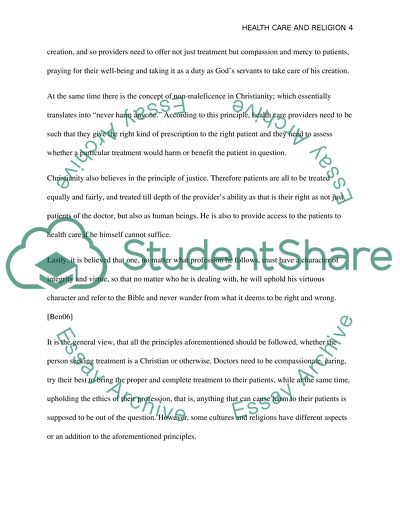Cite this document
(“Health Care Providers in Different Religions Essay”, n.d.)
Health Care Providers in Different Religions Essay. Retrieved from https://studentshare.org/nursing/1454492-spirituality
Health Care Providers in Different Religions Essay. Retrieved from https://studentshare.org/nursing/1454492-spirituality
(Health Care Providers in Different Religions Essay)
Health Care Providers in Different Religions Essay. https://studentshare.org/nursing/1454492-spirituality.
Health Care Providers in Different Religions Essay. https://studentshare.org/nursing/1454492-spirituality.
“Health Care Providers in Different Religions Essay”, n.d. https://studentshare.org/nursing/1454492-spirituality.


